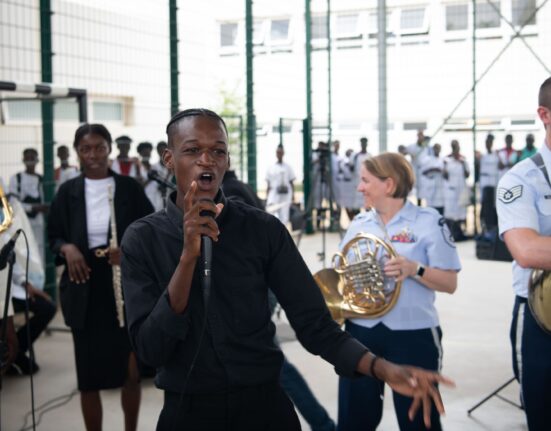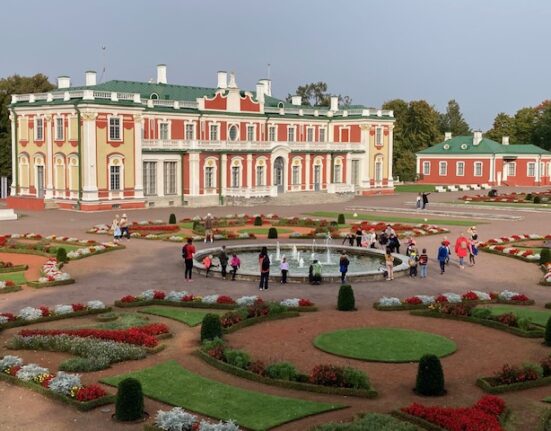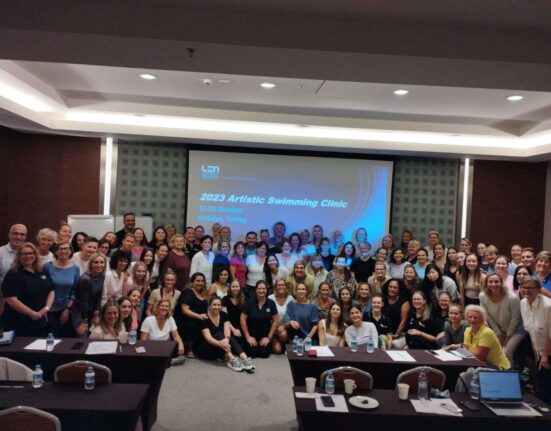November 24, 2023 —
Twelve new UM research projects seeking to build knowledge and understanding about people and societies have received federal funding of $703,315. These Insight Development Grants are awarded by the Social Sciences and Humanities Research Council (SSHRC) to enable the development of new theoretical approaches and experimentation.
“The success of these projects speaks highly of the quality of new and emerging research at UM,” said Mario Pinto, vice-president (research & international). “I congratulate these twelve researchers on seeking new and cutting-edge ways to address the challenges faced by society.”
The 2023 UM Insight Development Grant recipients are:
 Margherita Cameranesi, postdoctoral researcher/fellow, Department of Food and Human Nutritional Sciences: Finding Your Resilience (FYRe): Listening to the Voices of Racialized Refugee Youth to Learn About Their Multisystemic Resilience Using a Participatory Action Research Approach
Margherita Cameranesi, postdoctoral researcher/fellow, Department of Food and Human Nutritional Sciences: Finding Your Resilience (FYRe): Listening to the Voices of Racialized Refugee Youth to Learn About Their Multisystemic Resilience Using a Participatory Action Research Approach
By listening to the voices of racialized refugee youth who resettled in Winnipeg, Margherita Cameranesi seeks to better understand the mechanisms that contribute to their resilience, mental health, and overall wellbeing. She also aims to develop culturally appropriate and trauma-informed resources for racialized youth seeking asylum in Canada.
 Sarah Ciurysek, associate professor, School of Art: Navigating a land gift as a settler committed to decolonization: a photographic research/creation project
Sarah Ciurysek, associate professor, School of Art: Navigating a land gift as a settler committed to decolonization: a photographic research/creation project
This year Ciurysek (a settler artist) will be gifted a section of land in northwestern Alberta. Being committed to decolonization and reconciliation between settlers and Indigenous Peoples, Ciurysek seeks to examine decolonizing land use options for privately-owned farmland through a photographic interrogation of self, history, and contemporary land use.
 Benjamin Collins, assistant professor, Department of Anthropology: Narratives from Fragments: Re-Thinking Narratives of Manitoba’s Archaeology
Benjamin Collins, assistant professor, Department of Anthropology: Narratives from Fragments: Re-Thinking Narratives of Manitoba’s Archaeology
Indigenous researchers Kayla Shaganash and Brandi Cable, co-applicant Laura Kelvin, and Collins will study archaeological materials from six sites across Manitoba to help inform how Indigenous peoples engaged with landscapes across the past 8,000 years. This project will provide further training for Indigenous researchers and facilitate engagement with Indigenous communities.
 Merissa Daborn, assistant professor, Department of Indigenous Studies: The Food Police: Carceral Food Spaces in Winnipeg
Merissa Daborn, assistant professor, Department of Indigenous Studies: The Food Police: Carceral Food Spaces in Winnipeg
In response to recent increased security and policing at grocery stores, Daborn seeks to better understand the impact of surveillance on Indigenous people in Winnipeg, especially as it relates to their ability to achieve food security. This research will document how systematic surveillance practices result in criminalization of racialized communities.
 Zhenzhen Fan, Assistant professor, Department of Accounting and Finance: Market Crash Risk: Fact or Artifact?
Zhenzhen Fan, Assistant professor, Department of Accounting and Finance: Market Crash Risk: Fact or Artifact?
This project seeks to address whether the risk of financial crash is inherent in the market, or if they result from subjective perceptions of investors. By exploring probable triggers for market turmoil, Fan seeks to better inform investors and policy makers and reduce the risk of crash in the future.
Hikmet Gunay, professor, Department of Economics: Anticipated Regret in Second-Price Auctions
Some bidders go bankrupt after winning an auction due to overbidding. In this research, we aim to understand how emotions cause overbidding, and offer solutions to correct it. Governments can use this research when auctioning infrastructure projects which will prevent bankrupts so that the projects will be completed on time.
 Gayle Halas, researcher, Rady Faculty of Health Sciences: Homeless, Recovering and ‘Back to the Street’: Identifying the Support Network
Gayle Halas, researcher, Rady Faculty of Health Sciences: Homeless, Recovering and ‘Back to the Street’: Identifying the Support Network
Partnering with community agencies and individuals with lived experience of homelessness, the Halas research team seeks to bridge the gap between availability and access to resources/supports needed by individuals experiencing homelessness and discharged from hospital. This project will identify challenges and inform ongoing efforts to launch a Support Hub to facilitate navigation.
 Sreemali Herath, assistant professor, Curriculum, Teaching and Learning: Towards inclusive and reciprocal pedagogical practices for all learners: Insights from refugee journeys
Sreemali Herath, assistant professor, Curriculum, Teaching and Learning: Towards inclusive and reciprocal pedagogical practices for all learners: Insights from refugee journeys
Set against unprecedented forced migration, this study aims to document narratives of the refugee journey to Canada. Focusing on refugee families, it aims to develop asset oriented, inclusive and reciprocal curricula that will benefits all learners and provide a broader and more nuanced understanding of refugeeism.
 Stephanie Hladik, assistant professor, Centre for Engineering Professional Practice and Engineering Education: The Impact of Facilitating STEM Outreach: Perceptions, Identities, and Other Impacts
Stephanie Hladik, assistant professor, Centre for Engineering Professional Practice and Engineering Education: The Impact of Facilitating STEM Outreach: Perceptions, Identities, and Other Impacts
This project works in collaboration with WISE Kid-Netic Energy, a nonprofit STEM outreach organization that recruits undergraduate students from underrepresented groups as facilitators. Hladik seeks to investigate how planning and delivering STEM education impacts how these facilitators perceive STEM fields, develop STEM identities, and gain new skills and career interests.
 Jeongmin Kim, assistant professor, Department of History: Unseemly Military: The Undocumented Workers of U.S. War and Military Occupation in Cold War Asia
Jeongmin Kim, assistant professor, Department of History: Unseemly Military: The Undocumented Workers of U.S. War and Military Occupation in Cold War Asia
This project will engage labor injustice in war and military occupation by offering historical perspectives on contemporary issues of gendered and racialized militarization of everyday life. To understand how local people respond to unfavorable employment conditions imposed by the imperial forces, Kim will investigate cases from 1940s-70s Cold War Asia.
 Suzanne McLeod, assistant professor, School of Art: Early Distortion: Pinturicchio and the Genesis of a Constructed Image
Suzanne McLeod, assistant professor, School of Art: Early Distortion: Pinturicchio and the Genesis of a Constructed Image
Possibly the earliest depiction of North American Indigenous people in European art, a recently cleaned Vatican fresco reveals a destructive embryonic stereotype developing alongside Columbus’s 1493 voyage report and the “Doctrine of Discovery”. This project will close an art historical gap by reinterpreting the visual record through an Indigenous perspective.
 Virginia Tze, associate professor, Educational Administration, Foundations and Psychology: Identifying Systemic Barriers Among People of Colour Entering in Professional Psychology
Virginia Tze, associate professor, Educational Administration, Foundations and Psychology: Identifying Systemic Barriers Among People of Colour Entering in Professional Psychology
Canada is experiencing a mental health crisis, and People of Colour looking for a psychologist who is also a Person of Colour can expect to wait up to a decade. This project seeks to understand how to better support People of Colour in becoming professional psychologists, through a mixed methods design.







